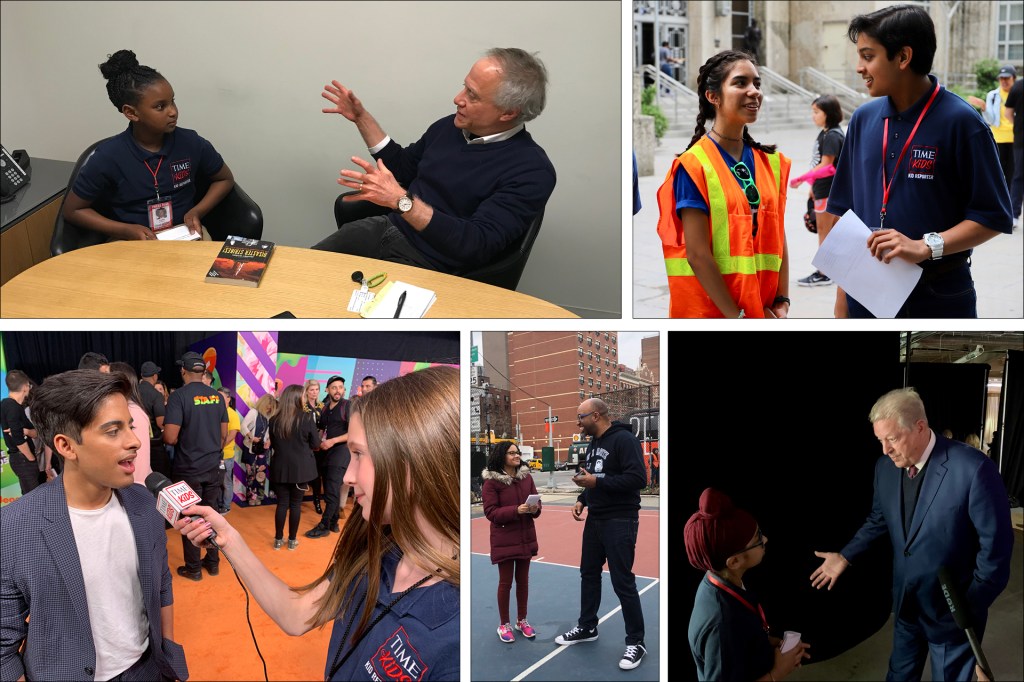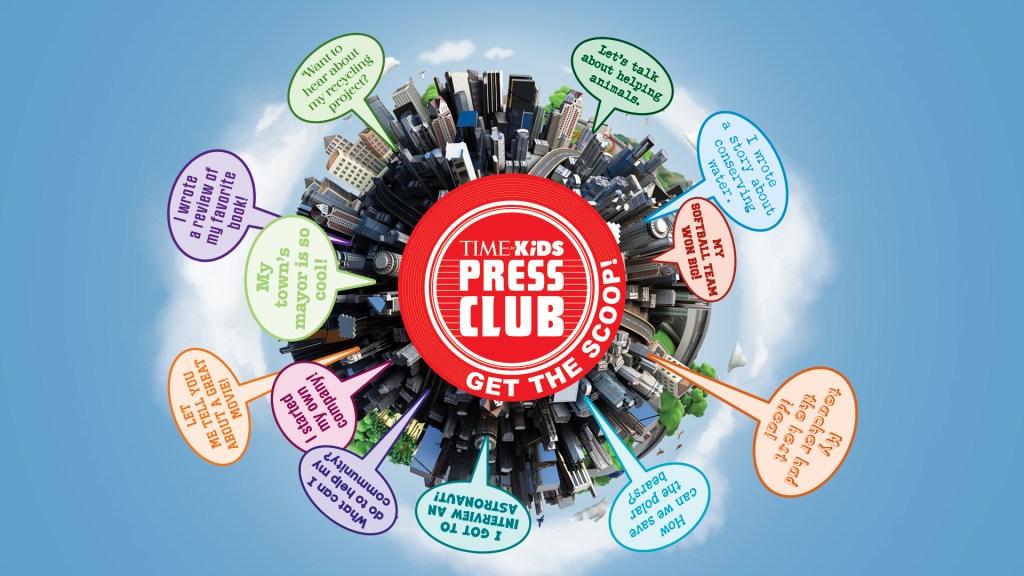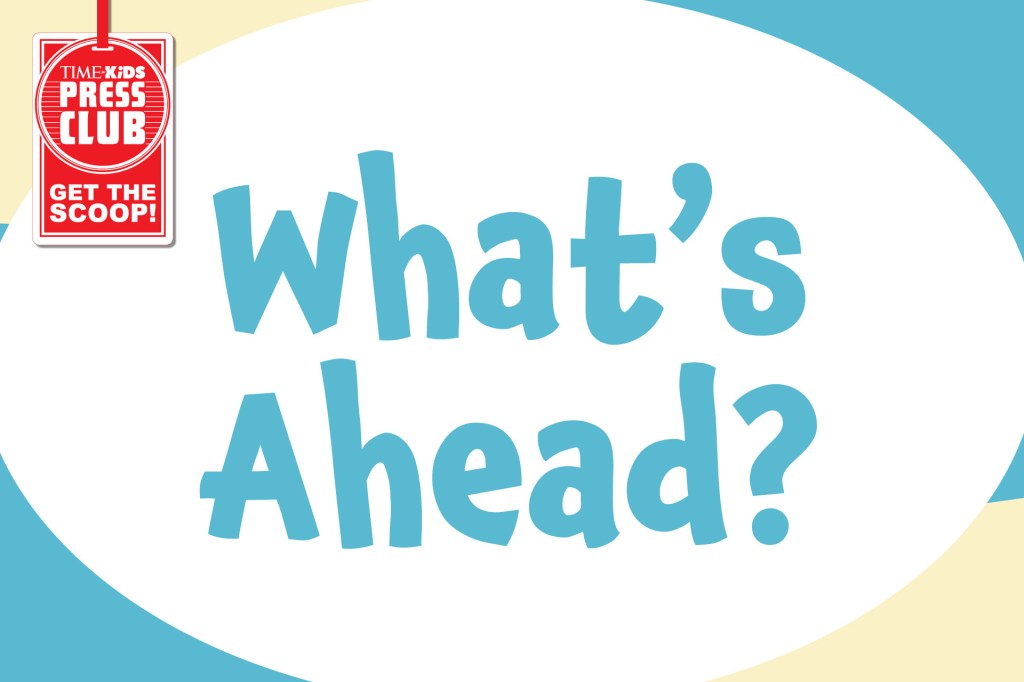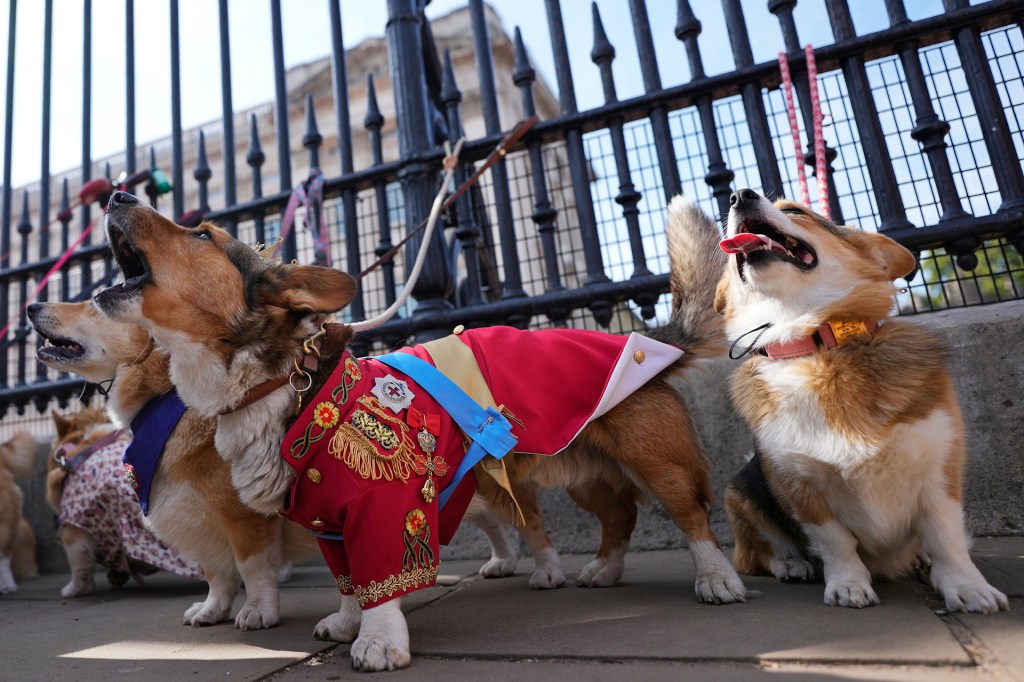Talk to Me

Before journalists write a story, they gather facts and details. One way they do this is with interviews.
Step one of conducting a successful interview? Research. “You don’t want to arrive at your interview clueless,” TFK Kid Reporter Zara Wierzbowski says. Take notes while you research. Later, they’ll help you write a list of specific questions for your interview subject. “Don’t just ask really basic questions,” TFK Kid Reporter Mira McInnes says. “Take the time to delve deeper.”
When it’s time for the interview, do as TFK Kid Reporter Nora Wilson-Hartgrove says: “Be extra prepared!” Whether the interview is in person or over the phone, be ready to get down to business. Have a fully charged audio-recording device or get fresh batteries. Bring a notebook and pens or pencils. Don’t forget your list of well-researched questions.
Then it’s time to talk—and listen. “Try to connect with them on a personal level and have a conversation,” TFK Kid Reporter Eshaan Mani says. Ask your questions, but don’t be afraid to let the discussion take you in new directions.
Tricky Conversations
Some interviews are harder than others. For these, Jason Lipshutz has advice. He works at Billboard, a publication that covers the music business. Lipshutz interviews and writes stories about musicians, such as Ariana Grande and Taylor Swift.
Like the TFK Kid Reporters, Lipshutz says he always does research before an interview. Still, people can catch him by surprise. What does he do if his interview subject mentions a person or topic he’s not familiar with? “It’s okay to ask, ‘What do you mean?’ or ‘What is that?’” Lipshutz says. “It shows that you’re paying attention and want to learn more. Don’t be afraid to not know something.”
Sometimes, journalists have to talk with people about something difficult, such as a controversy. In these situations, Lipshutz says you should be sensitive. Instead of asking an uncomfortable question, you may want to address the topic indirectly. “See if they pick up the ball and run with it,” Lipshutz says. If they open up, listen closely. “The Number 1 job of an interviewer is to listen,” he adds.
And if interviews make you nervous? TFK Kid Reporter Zara has wise words. “Try to stay calm,” she says. “The more you do it, the more you’ll get the hang of it.”












